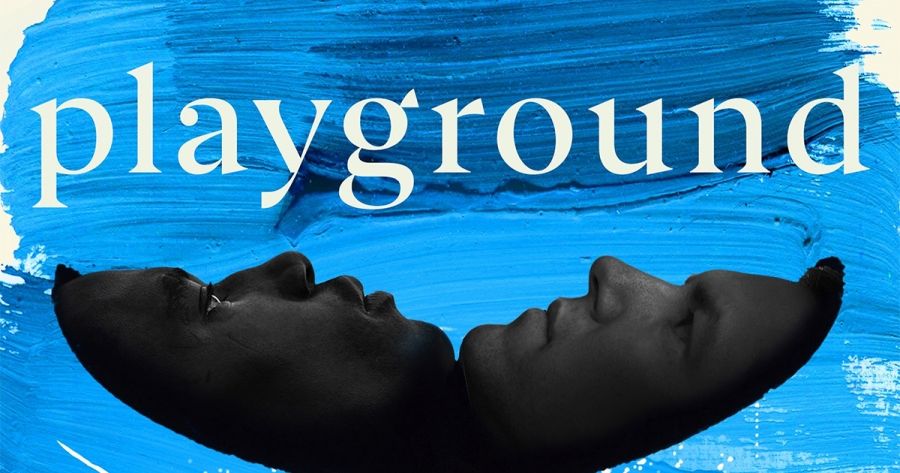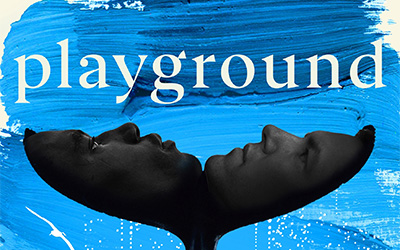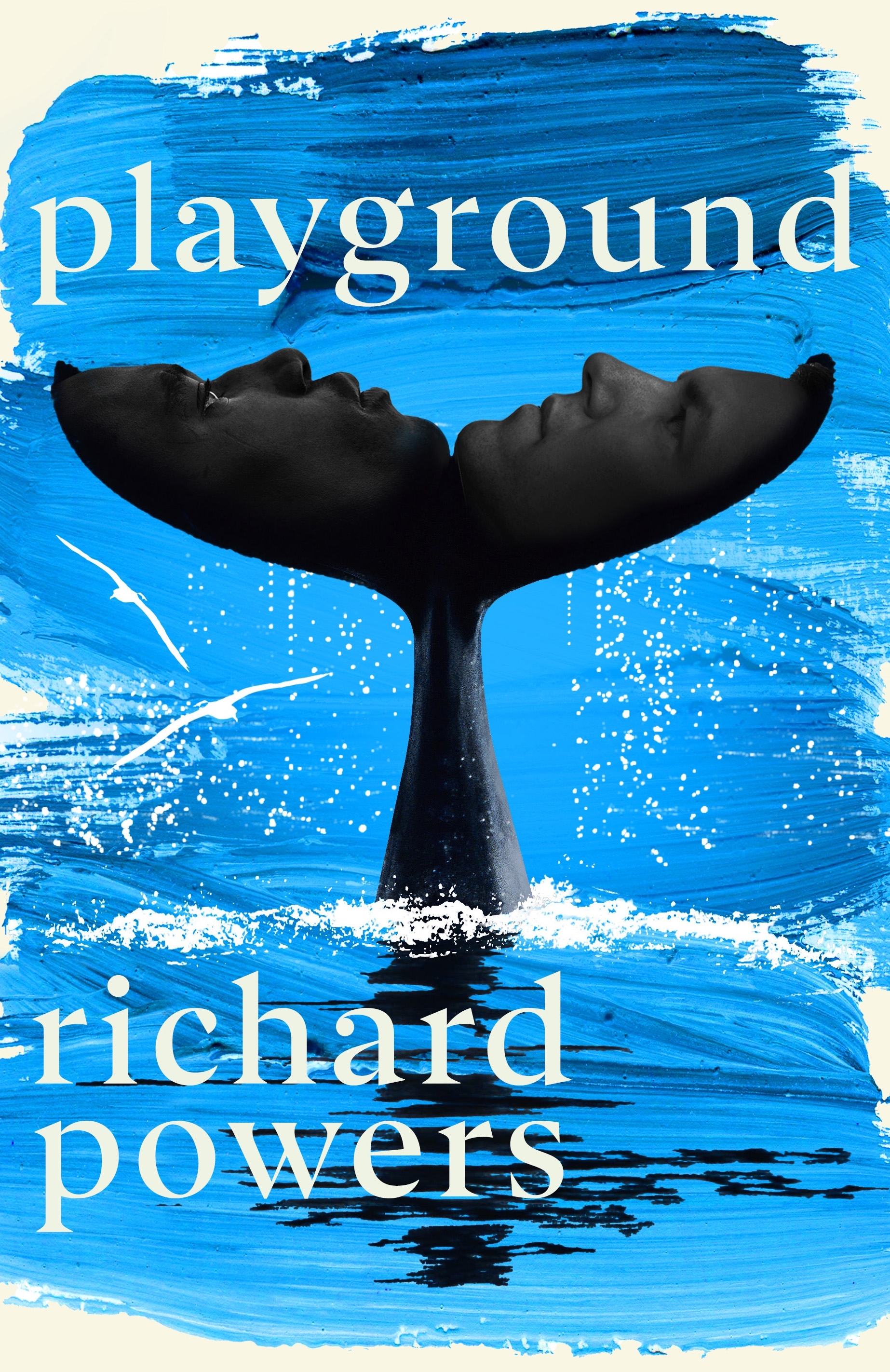
- Free Article: No
- Review Article: Yes
- Article Title: Electric sheep
- Article Subtitle: The question of consciousness
- Online Only: No
- Custom Highlight Text:
In Richard Powers’ fifth novel, Galatea 2.2 (1995), a fictionalised version of the author ‘educates’ a computer program, named Helen, by reading it canonical literary texts – which it learns to analyse – and by telling it the story of his own life. In the celebrated The Overstory (2018), Powers explores the surprisingly broad and interconnected lives of trees and forests, and their varied significance to a cast of characters who are wedded to tree-life for reasons both personal and universal. The Overstory features a woman scientist who writes a book that inspires small and large forms of environmental activism, alongside a physically ailing and solitary tech genius who is responsible for the most popular computer game in the world. Throughout, Powers suggests that the ability to tell a ‘good story’ is essential to individual and social transformation. His more recent novel, Bewilderment (2021), focuses on a form of behavioural therapy that resembles a computer game, where participants perform cognitive tasks that can drastically modify their personalities.
- Featured Image (400px * 250px):

- Alt Tag (Featured Image): Shannon Burns reviews ‘Playground’ by Richard Powers
- Book 1 Title: Playground
- Book 1 Biblio: Hutchinson Heinemann, $34.99 hb, 381pp
- Book 1 Cover Small (400 x 600):

- Book 1 Cover (800 x 1200):

- Book 1 Readings Link: https://www.readings.com.au/product/9781529154320/playground--richard-powers--2024--9781529154320#rac:jokjjzr6ly9m
Playground begins with the story of Ta’aroa, the Polynesian creator god whose tears of loneliness and boredom made all the oceans, rivers, and lakes, and who fashioned the world from nearby scraps. The emphasis is on artistic play, and the novel becomes an extension of such creation stories.
In early pages, we find Ina and Rafi on the island of Makatea in French Polynesia, raising two adopted children in a small community, far away from the Chicago of Rafi’s upbringing, and four thousand miles from ‘the nearest survivable continent’. Makatea has only recently begun to restore itself after giant phosphate mines – which destroyed much of its habitat – were closed, after which the population dwindled to double figures.
Ina is a sculptor who makes art out of the waste washed up on the beach in Makatea. Rafi, once a brilliant student of literature and aspiring poet, now teaches at the local school. Their one-time friend, Todd, is fifty-seven, and his net worth puts him ‘in the top five hundredths of the top one percent’. He created ‘a platform from scratch that ended up with a billion devoted users’. As a child, Todd was obsessed with a book called Clearly It Is Ocean, written by a ‘gawky explorer’ who captured his imagination and love. Inspired, Todd hoped to follow her example, ‘to dive in all latitudes and descend to all depths’ in a quest to find ‘whole, new, impossible kinds of life.’ Now he has a degenerative illness – dementia with Lewy bodies – which leaves him disoriented, forgetful, and suffering from ‘transient visual hallucinations’. He wants to be buried at sea.
Todd tells his own history – and the story of his friendship with Rafi – to an unnamed addressee. Due to his illness, a lifelong inability to understand other people, and the ambiguous purpose of his narrative, we cannot regard him as a reliable narrator. Indeed, the whole novel may be a kind of delirium or ‘bedtime story’ for a lonely libertarian tech-billionaire, but in Powers’ hands this possibility is constrained by a larger belief in storytelling. Something worthwhile and meaningful is surely being created – we just have to discover what it is.
Evelyne Beaulieu is the author of the book Todd cherished as a child. She is a trail-blazing scientist and diver who prioritises her passion and career over human relationships. She sees the ocean as a playground, its creatures as playmates, and is intent on proving that mammals are not the only creatures who learn and communicate through play. She now lives on Makatea and hopes to write another book before she dies: ‘To try one more time to make the land dwellers love the wild, unfathomable God of waters. To give the smallest hint of creatures so varied and inventive and otherworldly that they might compel humility and stop human progress in its tracks with awe.’ Powers stimulates awe as a response to the natural world in all of his recent fiction: we are led to recognise the astonishing richness available to us, if only we have eyes to see.
Meanwhile, Makatea is on the brink of a new form of colonial extraction. A mysterious group (‘American venture capitalists’) plans to build ‘floating communities out of modular parts’ offshore, and they want to use Makatea as their base. The mayor of Makatea explains: ‘It has something to do with the search for free markets. The floating cities will lie beyond the regulatory power of national governments. Apparently it’s called libertarianism.’ The island’s inhabitants must decide whether to embrace the proposal and reap the economic benefits, or to remain as they are and protect their natural resources.
With Playground, Powers turns the question of consciousness – can a machine truly think and feel and know as we do? – into a question of capacity. If they can tell ‘rich, robust, and convincing’ stories, play complex games, and solve technical and social problems with more fluency and efficiency than their makers, their makers become functionally replaceable. This is seemingly mirrored in the composition of the novel: Playground is the kind of fiction a highly sophisticated AI might produce after digesting its author’s body of work. While some aspects of the novel feel stale through repetition, Powers still manages to spark curiosity and stimulate feeling. It is a lesser work from a brilliant and prolific storyteller, but a fine creation nonetheless.


Comments powered by CComment